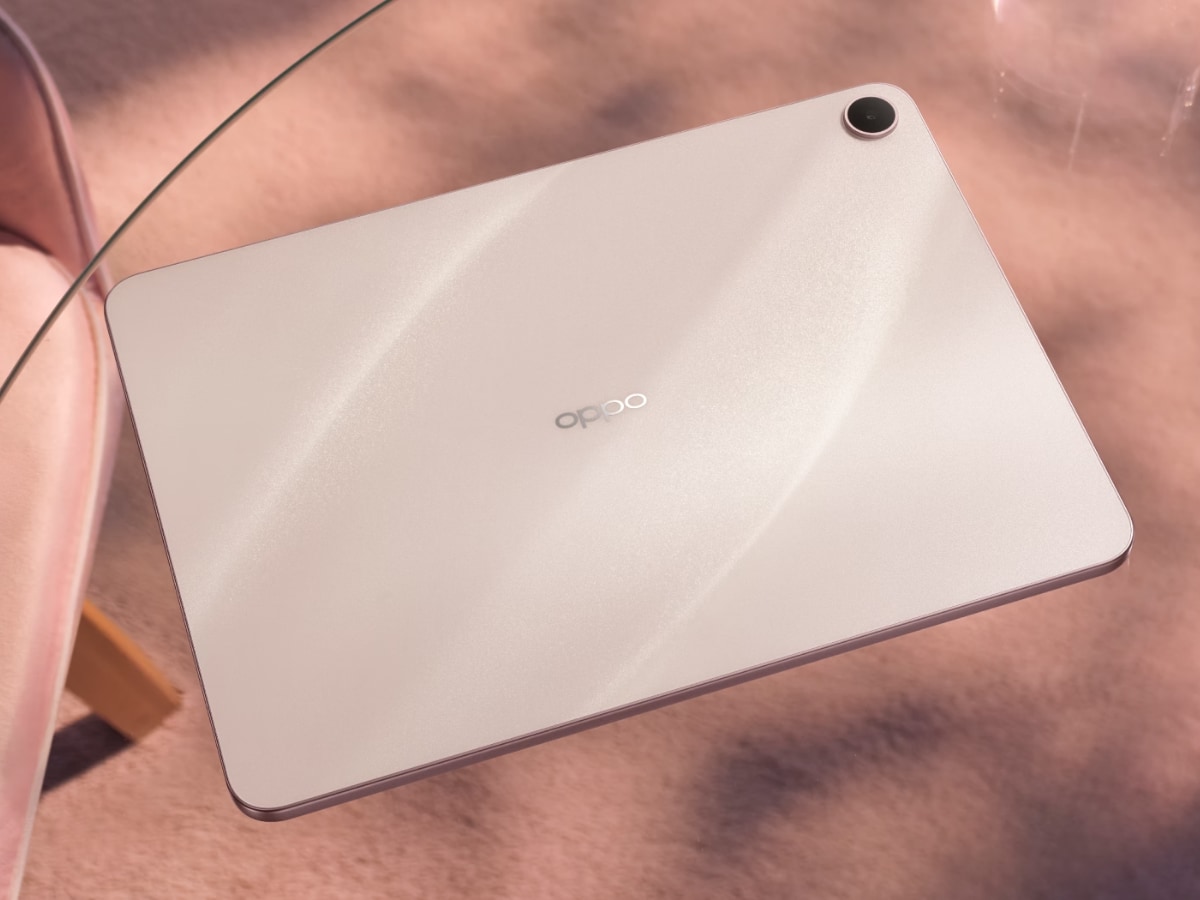If you haven’t yet taken advantage of it, now is the time. While France is going through a very complicated economic period, with a real budget crisis, the State is trying to make savings. The Lecornu government had initially targeted “tax loopholes” to save money.
But during the examination of the bill in committees, one of them fell through the cracks. This is the tax credit for the acquisition of a home electric vehicle charging system. Long threatened with extinction at the end of the year, it has just been extended by parliamentarians for two additional years.
It was the elected representatives Jean-Pierre Vigier and Nicolas Ray, respectively deputy for the 2nd constituency of Haute-Loire (LR) and deputy for the 3rd constituency of Allier (LR) who made this amendment. They see in this tax credit (launched in 2021 by the presidential camp) an “important lever” to help the French get away from fossil fuels.
An “inexpensive” tax loophole
One of the arguments of parliamentarians remains the cost of this tax loophole. It “only” loses 20 to 24 million euros per year from the state budget. An expense considered reasonable by the deputies given its importance. In 2023 it enabled 45,000 people to install a charging station at home, with 47,000 doing so in 2024.
Because if this tax credit exists, it does not cover all expenses. Government assistance does not exceed 75% of costs or a maximum of 500 euros. For comparison installing a charging station at home costs between 1200 and 2000 euros.
Who can benefit from it?
Today the texts are clear. All French people can benefit from this tax credit, under three conditions. The first is to have the charging station installed at your home (primary and/or secondary residence). It is therefore possible to benefit from two terminals per person. For a couple filing joint tax returns, it is possible to install two terminals in their main residence.
Second condition: be a French tax resident. Finally, third condition: the terminal must be “controllable”. These terminals are capable of modulating the electrical power supplied to the vehicle according to different parameters such as the availability of electricity on the network or the energy needs of the home.
An environmental issue
Maintaining this tax loophole should allow the government to achieve its ecological objectives. France is engaged in a major transition, with the electric car being one of the pillars. France hopes to reach 7 million charging points in 2030, compared to 2.5 million currently. To achieve this, 2.5 million domestic terminals must be built within 5 years.
🟣 To not miss any news on the WorldOfSoftware, subscribe on Google News and on our WhatsApp. And if you love us, .











